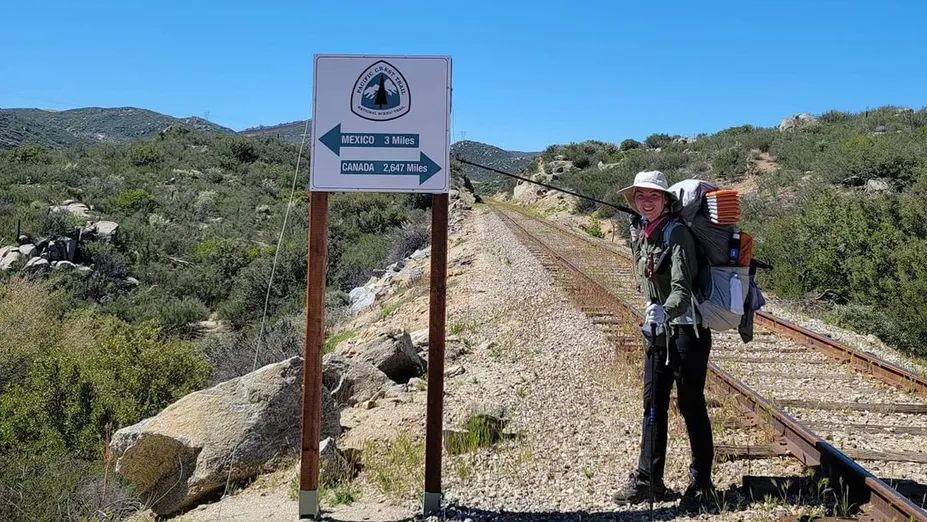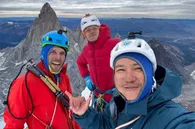Aigerim Alimova from Nur-Sultan has completed the 4,270-kilometer Pacific Crest Trail (PCT) in 100-110 days, from the U.S. - Mexico border to the Canadian border. She might be the first woman from Kazakhstan to complete the route, Tengritravel.kz reports.
"When I woke up on the trail, I felt free, unburdened by worries, happy. My task was to eat breakfast, pack my things, walk 16 kilometers, stop for lunch, rest, let things dry out (sneakers were wet because of snow and wading), and walk another 10-15 kilometers. I tried to walk 35-40 kilometers a day."
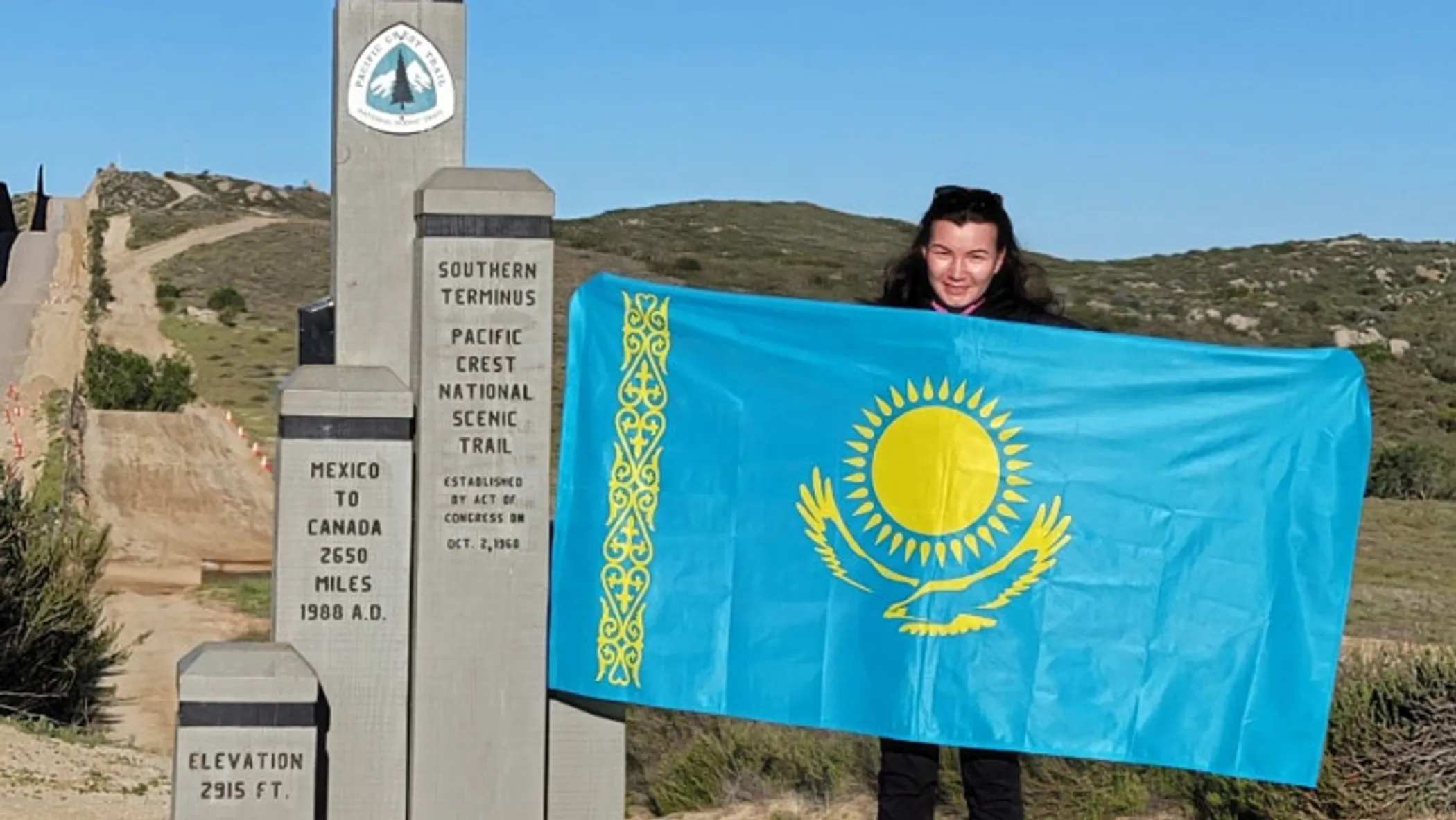
What inspired this journey?
"I first learned about the Pacific Trail from the movie 'Wild: From Lost to Found on the Pacific Crest Trail.' For me, this film is very personal. Probably because our paths with the main character were similar. I lost my mother too when I was in college. No one prepares us for adulthood. As long as our parents are alive, we're carefree."
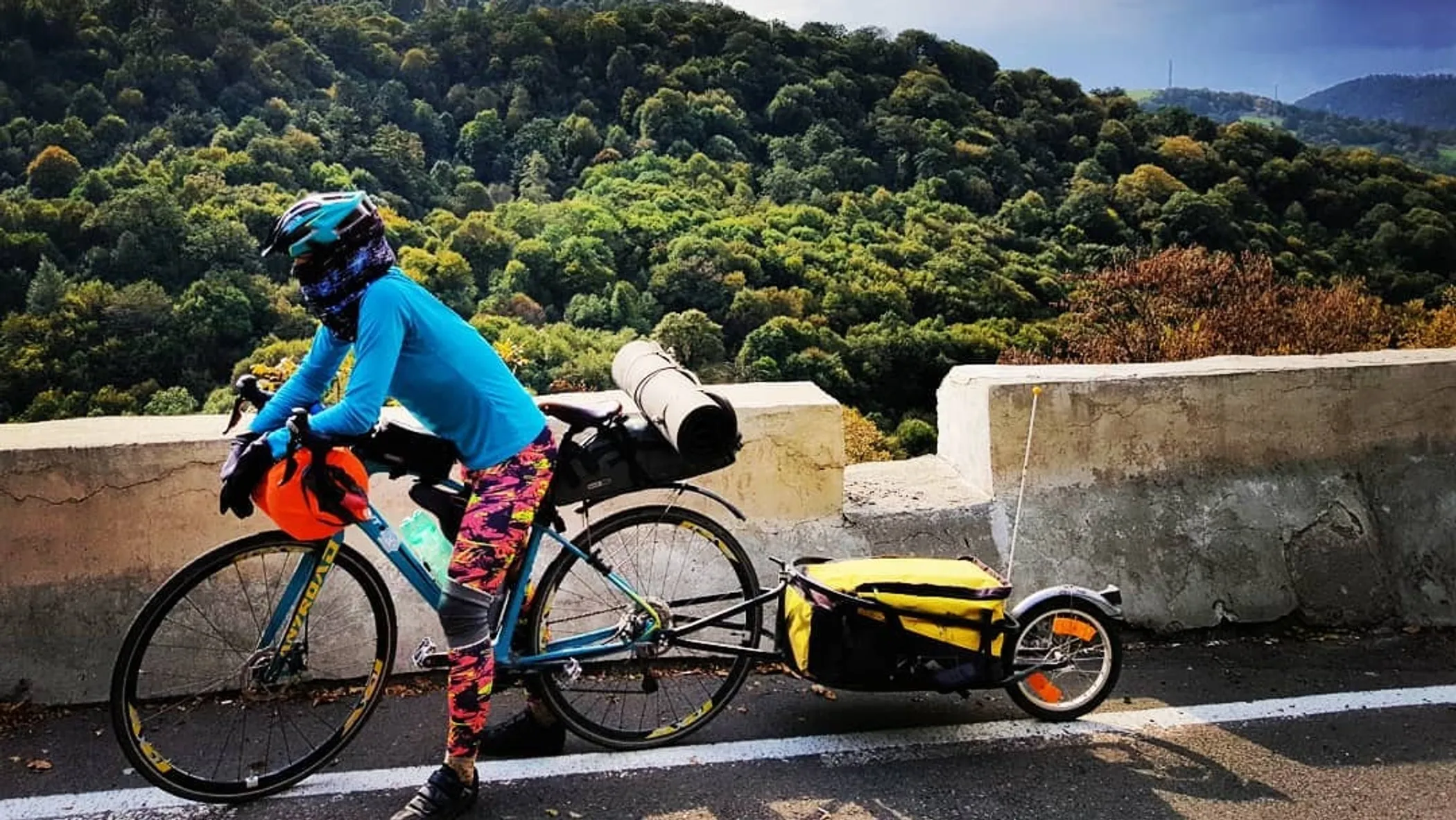
Quitting job
"I later realized that being a lawyer was not my dream job. I had no idea what to do with my life and thought why not travel the world. I came home and said that I was going to quit my job. At first, my family was shocked, but later they supported me. I quit my job and went on a six-month bicycle trip through Kyrgyzstan, Uzbekistan, Tajikistan, Georgia, Armenia, Turkey, and Kazakhstan. An unforgettable experience, with so many countries, people, stories. I spent about $1000-1500 dollars (440-660 thousand tenge) on this trip."
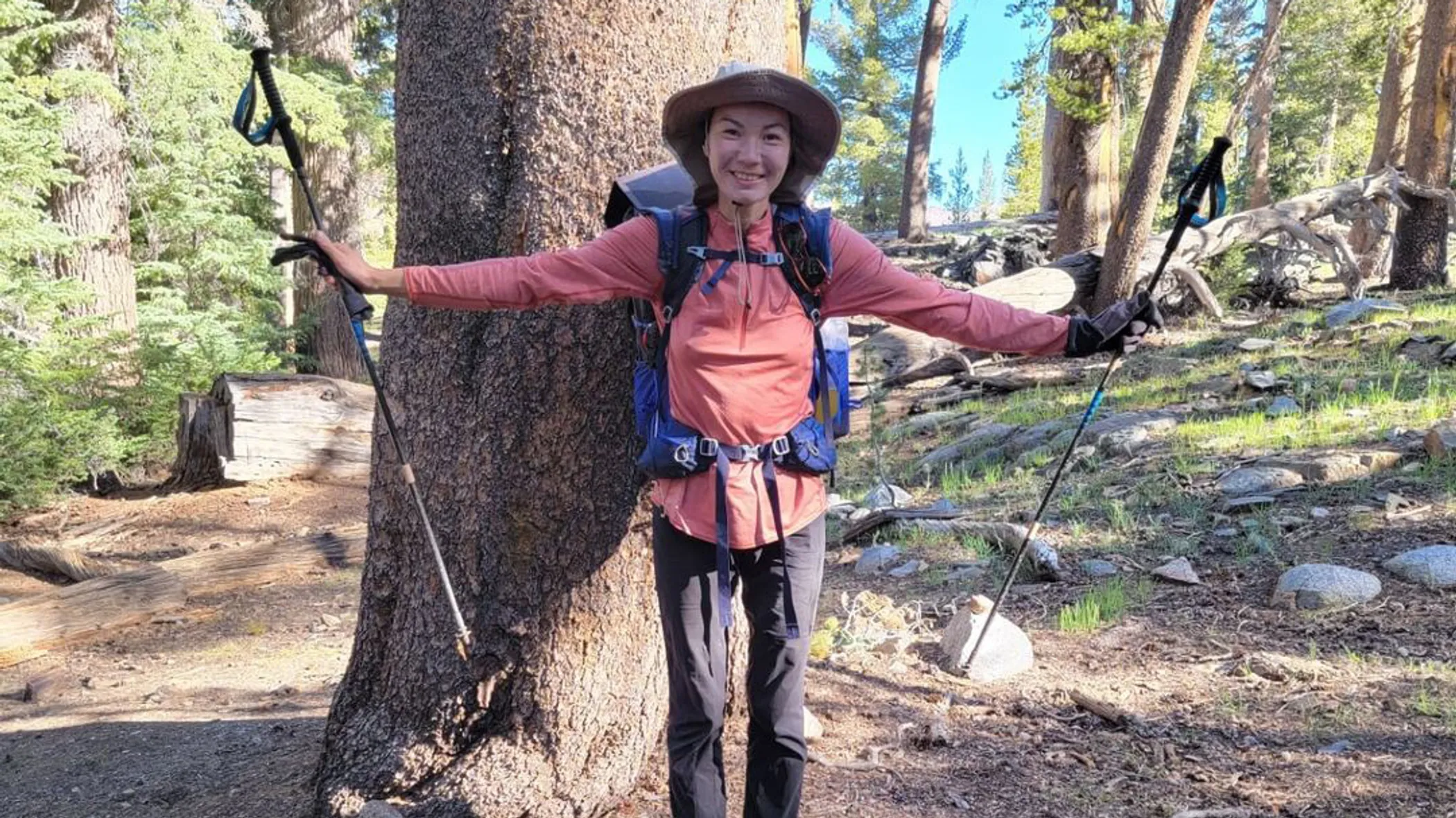
A lucky ticket
"When I was quitting my job, a friend suggested I apply for a DV Lottery, aka the Green Card. At first, I did not take the idea seriously, not knowing that it would change my life by 180 degrees. Before my bike trip in 2018, I found out I had won the lottery, and in April 2019 I flew to sunny California. In early 2020, I decided to take the Pacific Crest Trail, but then the pandemic hit. So eventually I went on the PCT trail in 2021."
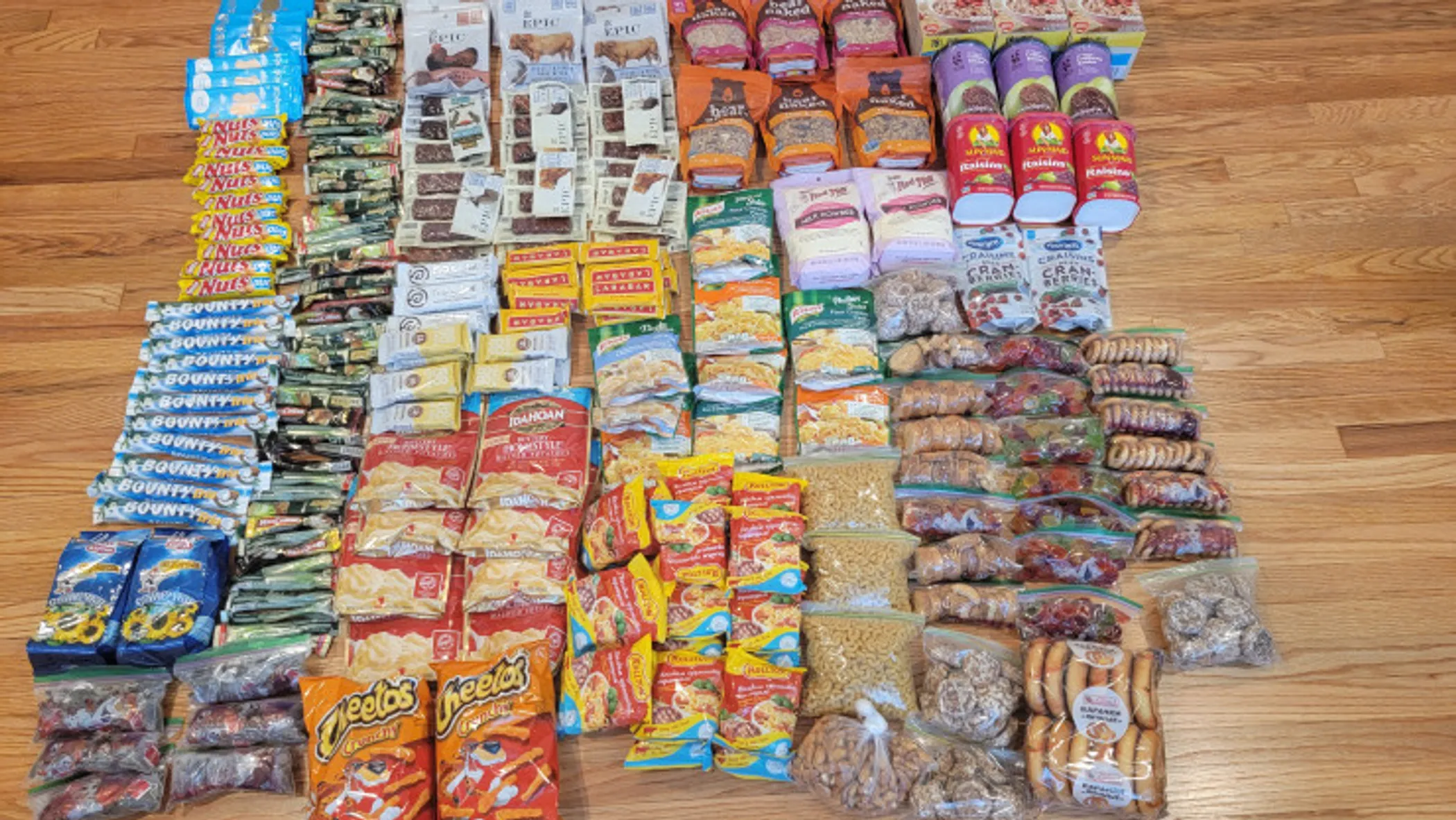
How to prepare for a trail?
"You need to prepare well in advance because you need a permit to pass this trail. You can prepare for a year or six months, but you will never be fully prepared for everything. It costs an average of $5,000-6,000 (about 2.6 million tenge) to take the trip. It took me about $2,000 for gear and more than $4,000 for the trail itself. I prepared food for six months in advance: breakfast cereals, noodles, and boxed cookies and mailed it all to the trail. As the trail progressed, I went to the drop-off points and got my food there. But as experience has shown, this is very costly. It is better to buy products in the cities as needed."
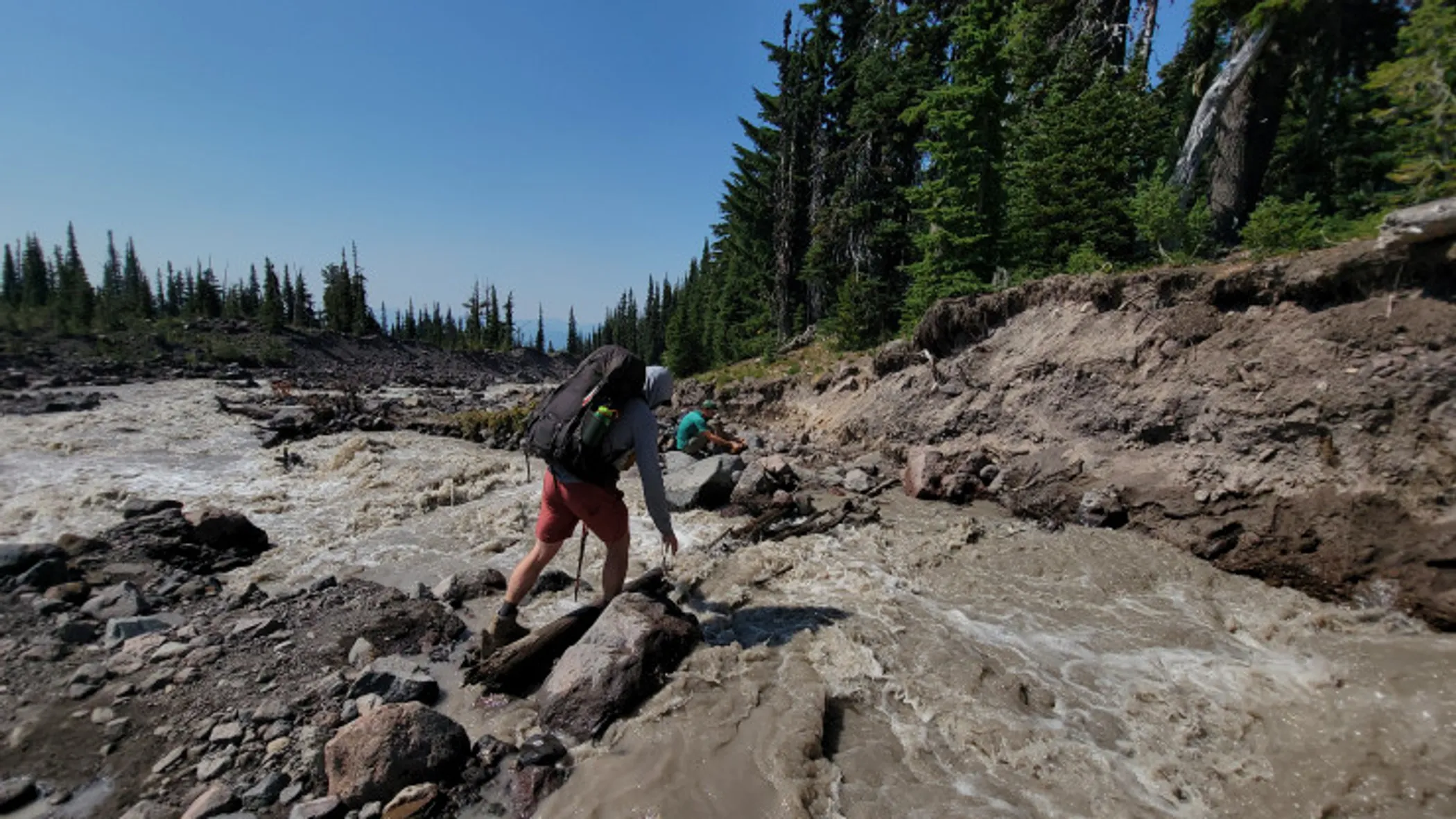
How dangerous is the trail?
"There are snow slopes, deserts, and deep fords. The beginning of the trail goes through the desert, sometimes you walk 30-40 kilometers a day under the scorching sun without water. Not everyone who starts the trail finishes it, only 30-40% make it to the end. I was very afraid of encountering bears, but the first time it happened, it was a brown bear cub. He seemed more scared than I was. Experienced hikers warned me that when you encounter a wild animal, you shouldn't move. I was also terrified to see poisonous rattlesnakes on the trail, but I knew my way around them, having read about it beforehand."
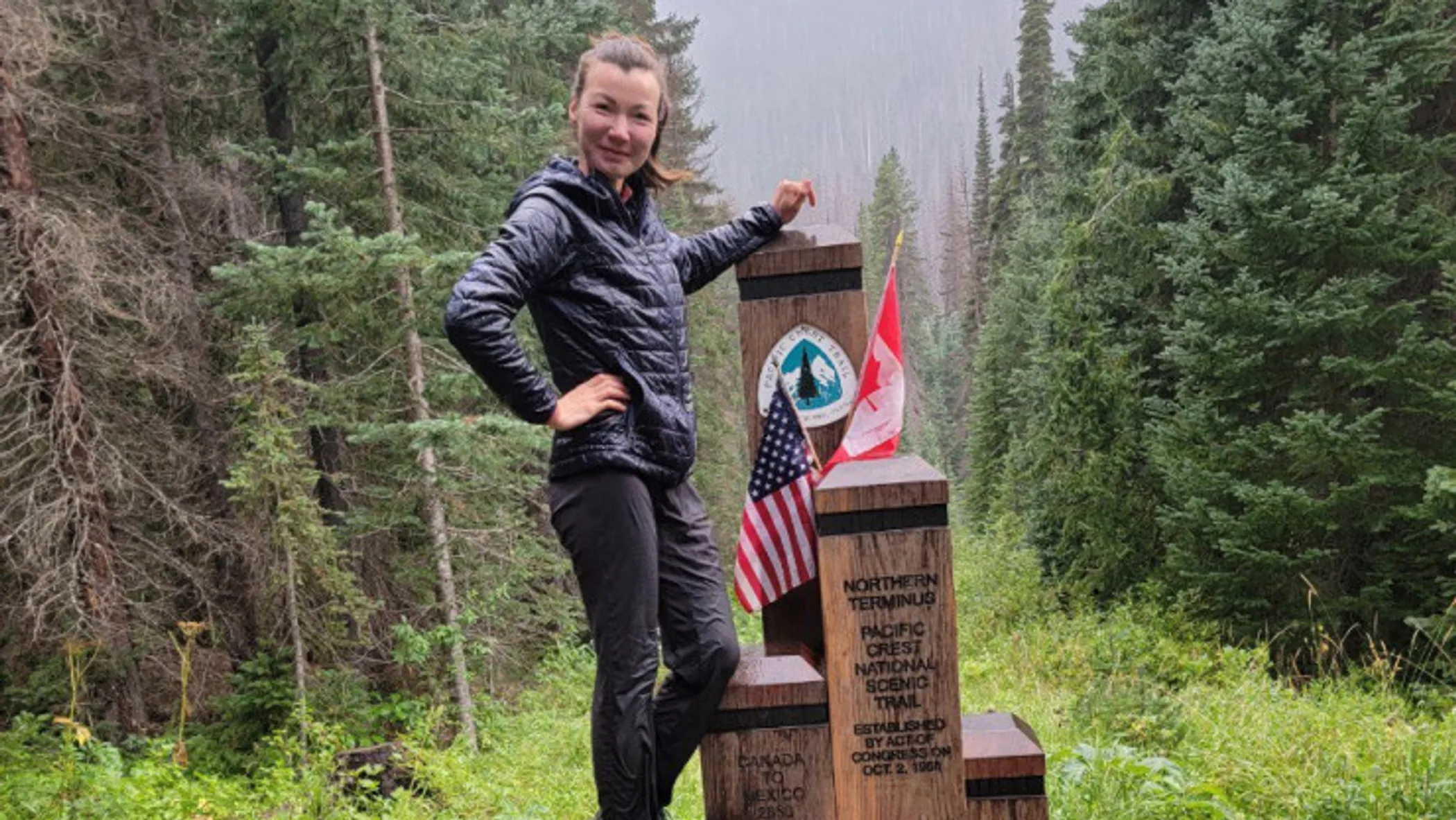
Trail Angels
"No one accompanies us on the trail, but Trail Angels sometimes help along the way, surprising us with water in the desert or food in the forest. There are times when you are walking tired and hungry and see a table set on the trail: food, fresh coffee, juice, and a fruit basket. It's very unexpected. Everyone chooses their own pace and time, some hikers get up at 5-6 in the morning. I woke up around 9 am. Local hikers even gave me a nickname - Sleeping Beauty."
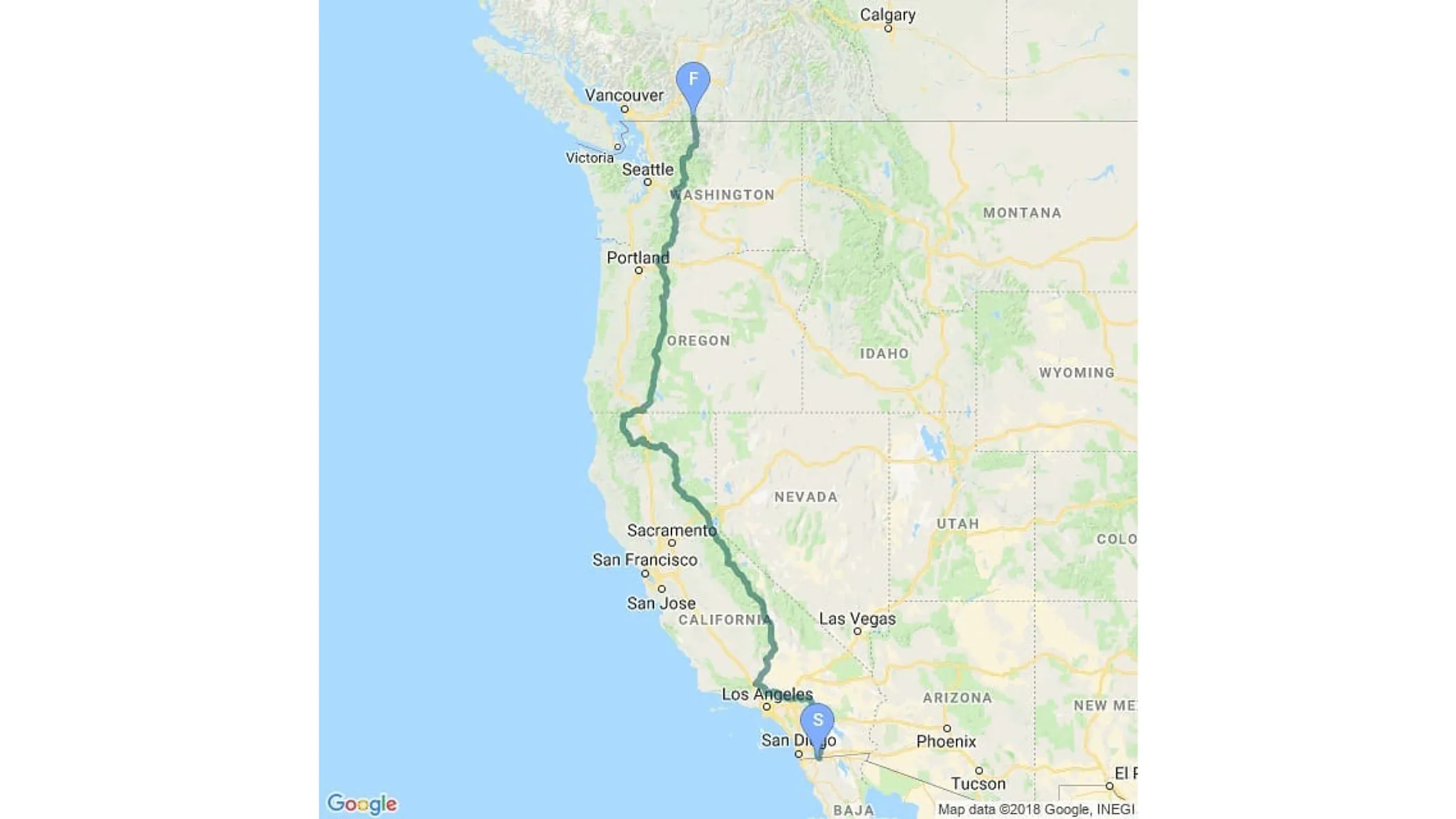
Challenges
"I had COVID-19 on one of the hardest parts of the Sierra Nevada trail. I got through it by drinking plenty of fluids with vitamin C powders. It only got better after 1.5 weeks, then I had a cough for another two months. Another challenge was equipment. During the hike, I changed my gear several times. After the first day I immediately changed my shoes, I had severe blisters. During the route, I lost almost half of my weight. My backpack was hanging out a lot because of this, and I got terrible blisters on my body. Then a friend of mine took me back to Los Angeles, which was the best decision, and I changed my entire outfit to continue the trail."
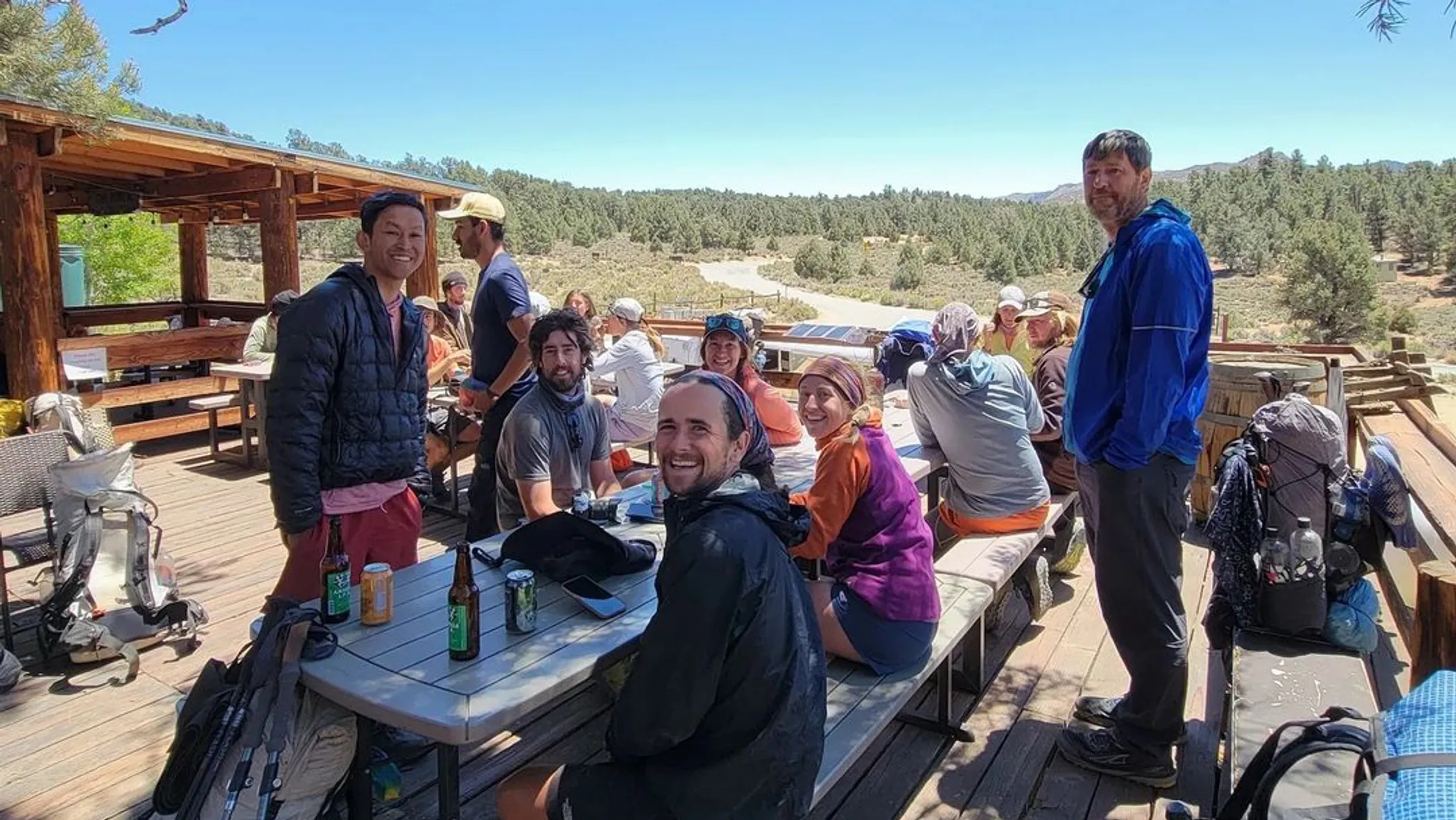
It’s all about the people
"The most memorable thing is the people you meet along the way. Everyone tried to help me, wondering how I got here from Kazakhstan. According to rangers on the PCT, they had never met a person from Kazakhstan before on this trail. I met people of all ages, from young people to the elderly, from 65 to 75 years old. I was so proud of them that they are not sitting at home, but are exploring the world. People get on this trail not just because they want to, they prepare purposefully. Many come in with certain questions, thinking what they want to change in their lives."
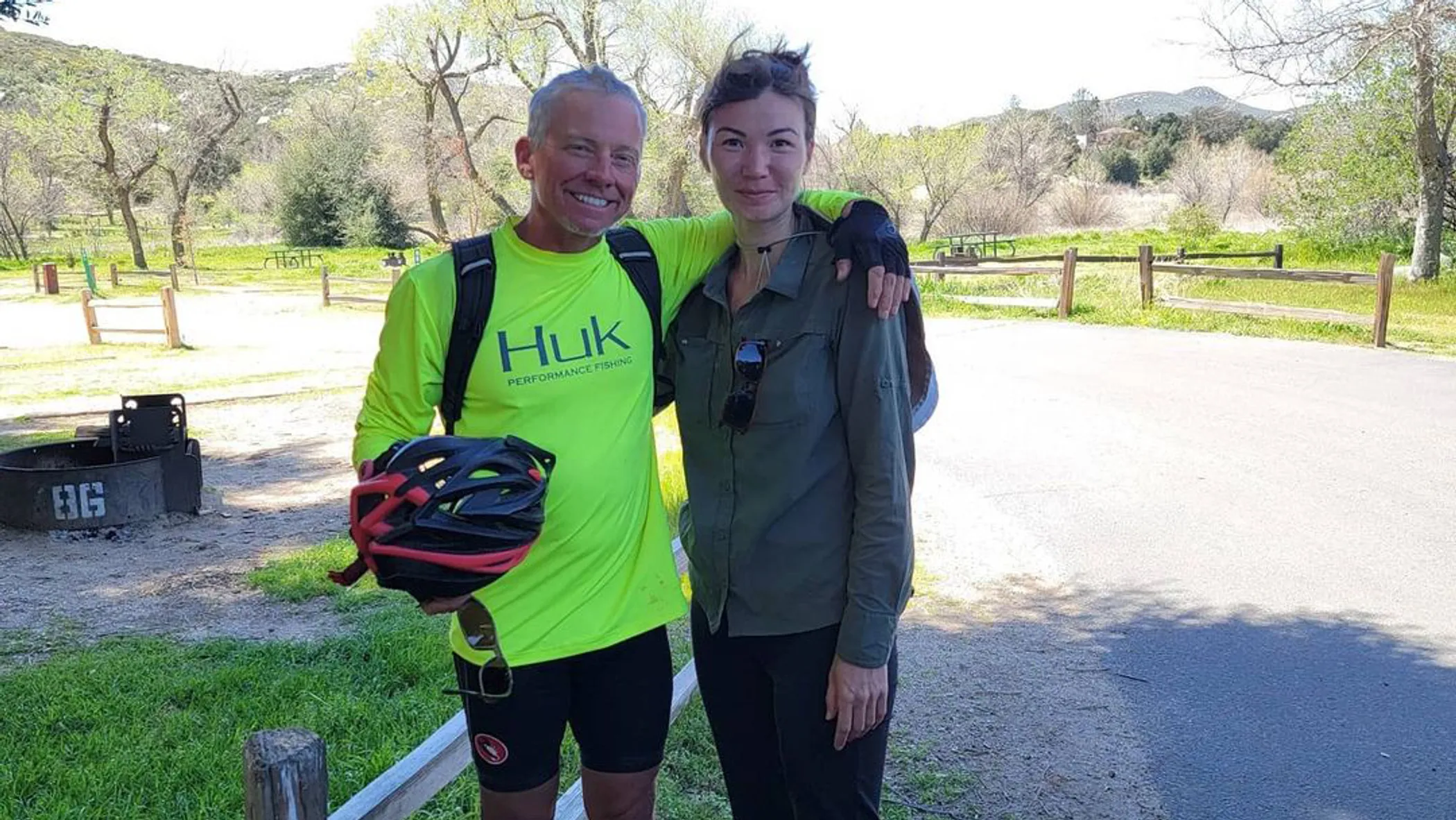
What’s next?
"I have several trails planned for the next 2-3 years. One of them is the 4,873-kilometer Continental Divide Trail, considered one of the most challenging trails in the United States. I also dream of going back to Tajikistan to go on the Pamir Trail. Also, recently I have been thinking about climbing Everest, but it is just a dream, considering the costs and equipment. Currently, I'm studying to be a QA Manual tester at one Ukrainian programming school. It will help me find a remote job, I want to gather the necessary amount of money for traveling."
